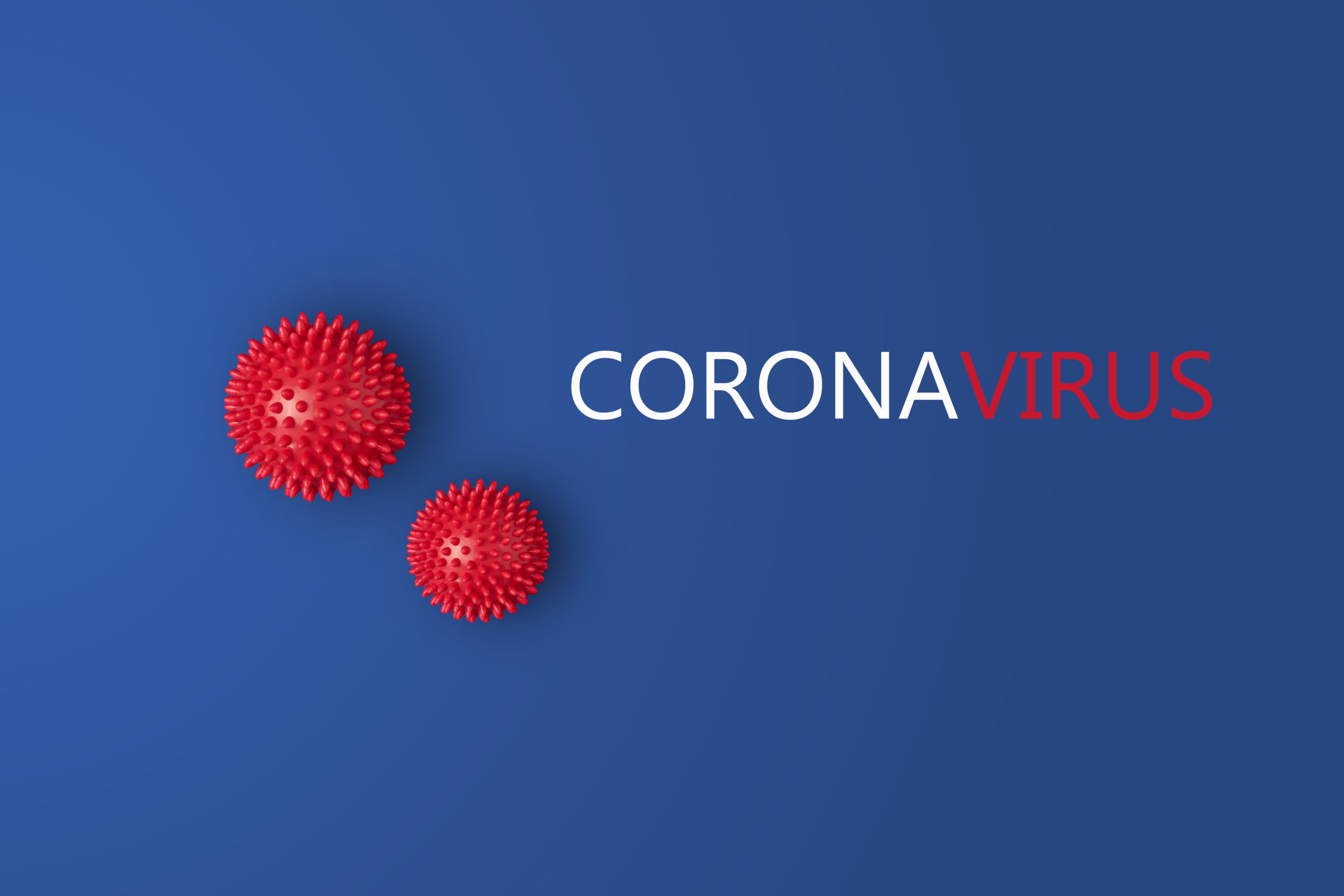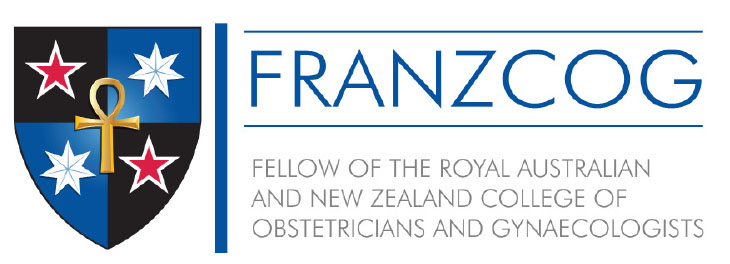Latest news
A/Prof Fiona Brownfoot is passionate about providing the best obstetric care in Melbourne for high and low risk pregnancies. Having a patient centred approach, she listens and understands her patients and individualises their care accordingly. With a strong academic background Fiona practices the most up to date obstetrics to achieve the best outcomes.
Fiona is passionate about improving outcomes for mothers and babies globally through research. Having completed a PhD with the Translational Obstetrics Group in ‘Developing novel therapeutics for preeclampsia’ with Professor Stephen Tong and Professor Tu’uhevaha Kaitu-u-Lino, Fiona’s research spans the breadth of translation from laboratory assays to national and international clinical trial. Fiona is an Associate Professor at the University of Melbourne and is a NHMRC and Mercy Perinatal Fellow. She is committed to developing novel treatments for obstetric conditions and devices to make pregnancy safer.
Fiona’s publications
Fiona has published over 60 papers in leading scientific journals and a book chapter. This research has generated significant interest from leading international academics. This is evidenced by commentaries and editorials being written about the work by Professors from Harvard, University of Edinburgh and Wayne State University.
Fiona’s grant funding
Fiona has obtained over $2,000,000 in grant funding since 2013 as the lead researcher and over $7,000,000 collectively with the team at The Translational Obstetrics Group. She is really grateful to all of the funding bodies that have supported this research including the NHMRC, The University of Melbourne, Mercy Perinatal, the Norman Beischer Medical Research Foundation, Avant, RANZCOG, Austin Hospital and SOMANZ.
Fiona’s awards and leadership roles
Fiona regularly presents at national and international conferences. She has obtained numerous awards for her work. She supervises and examines doctors training to be obstetricians. She regularly talks to the media as a Royal Australian and New Zealand College (RANZCOG) spokesperson.
- 12 national and international awards in obstetrics
- Awarded the prestigious Laxmi Baxi award in San Francisco at SRI
- Awarded a President’s Award in New Orleans at ISSHP
- PhD supervisor at the University of Melbourne
- Supervisor of obstetricians in training
- Associate Professor and examiner at the University of Melbourne Medical School
- Coordinator of the medical disorders in pregnancy revision day for the final exams in obstetrics
- Co-founder of the Australian Reproduction Update
- Executive board member of leading reproductive organisations in Australia
- Official spokesperson for RANZCOG and regularly talks to the media about topical issues in obstetrics
Fiona in the media
Fiona believes it is really important to let the community know about the advances being made in obstetrics. She has been the focus of a media release about the team’s research into developing novel medical treatments for preeclampsia. She is also a spokesperson for her college the Royal Australian and New Zealand College of Obstetrics and Gynaecology (RANZCOG). In this role journalists approach Fiona and ask for her opinion on the latest research in obstetrics. She loves being able to promote research and the health of mothers and babies on a large scale.







